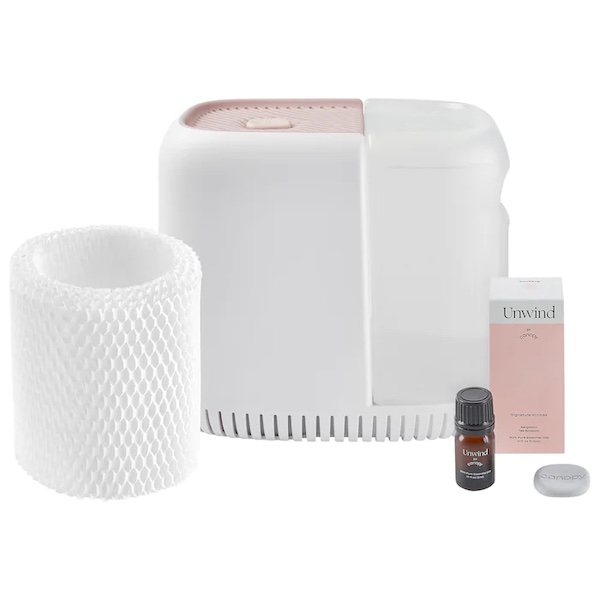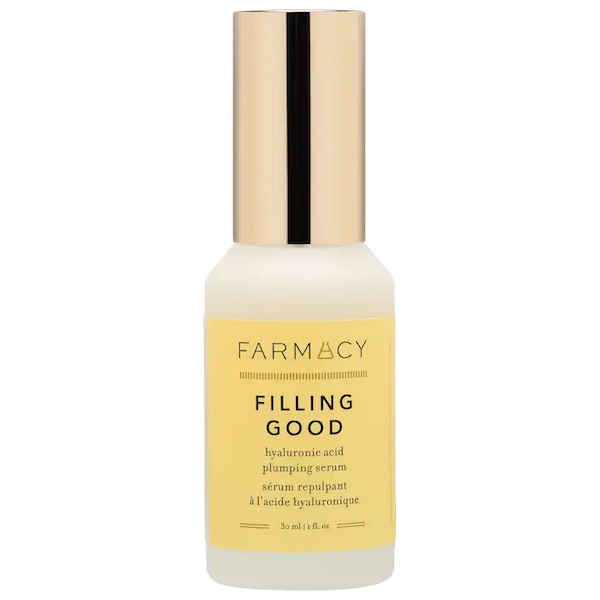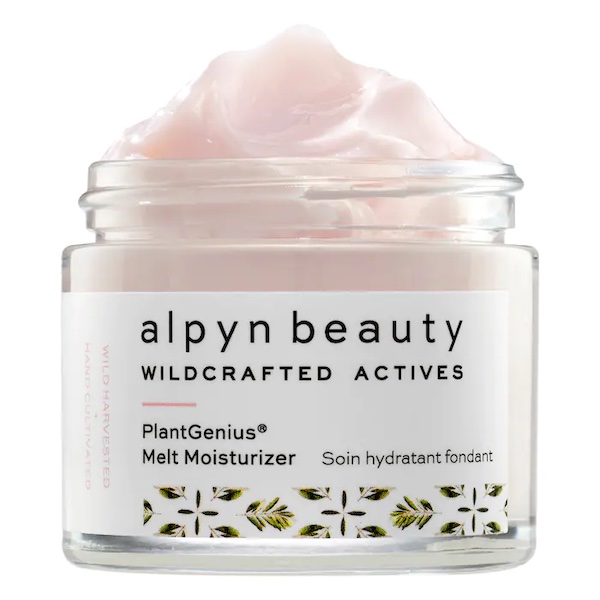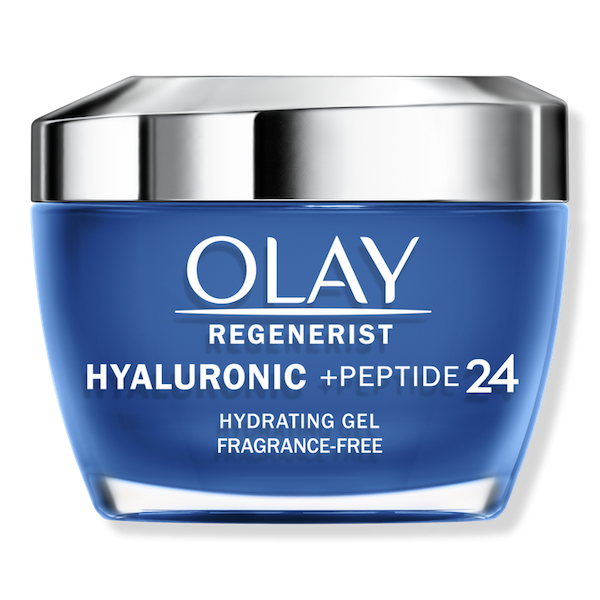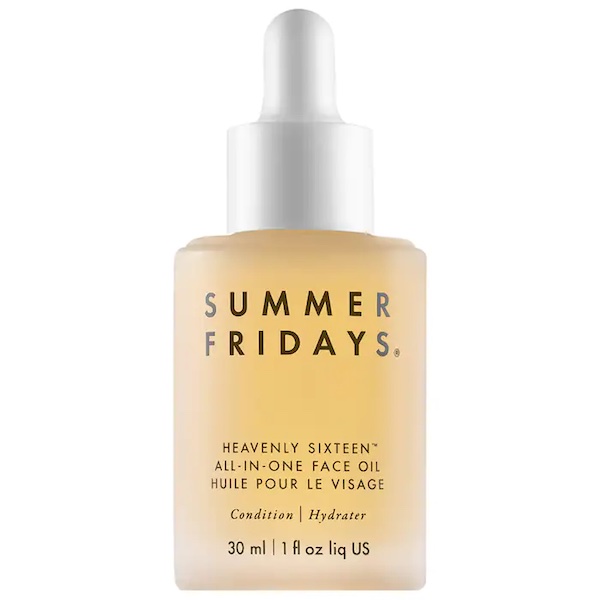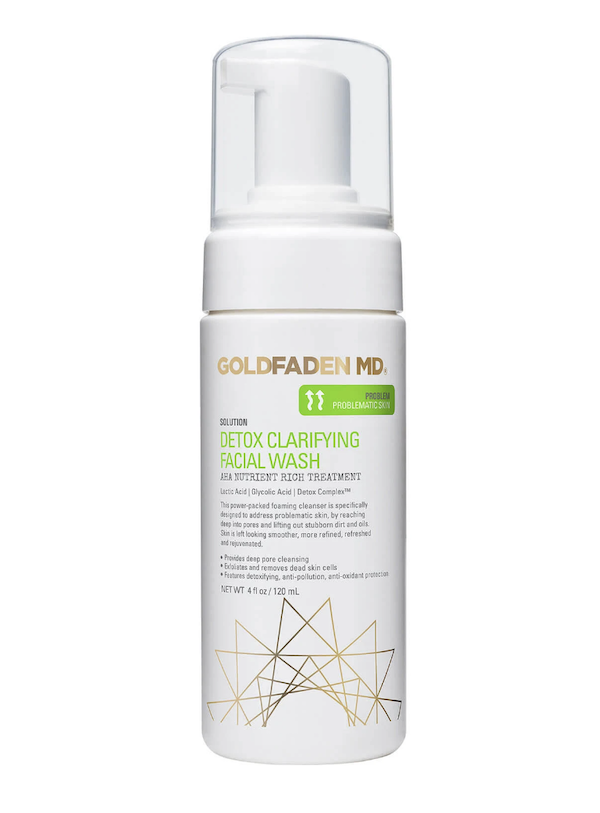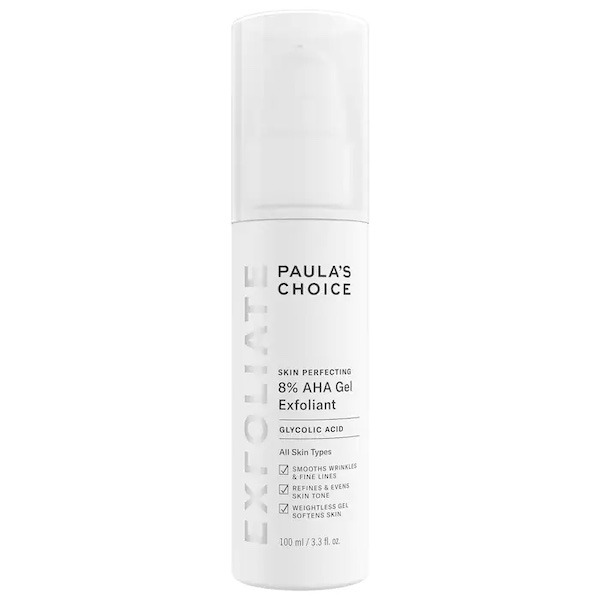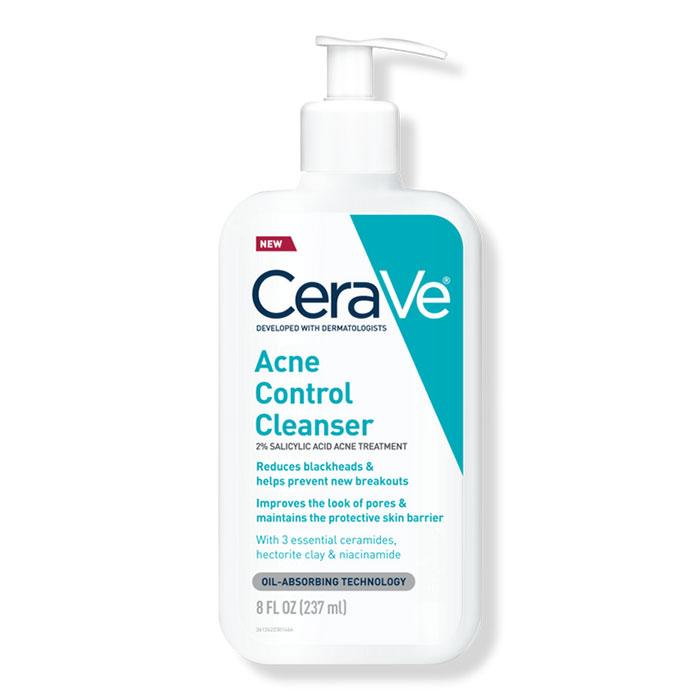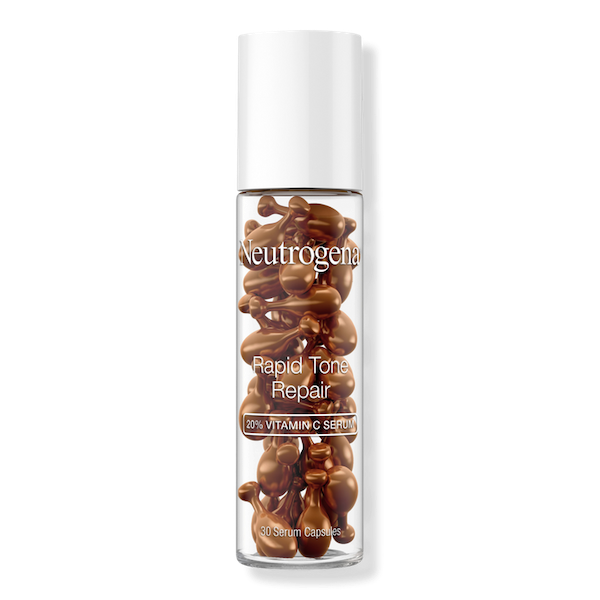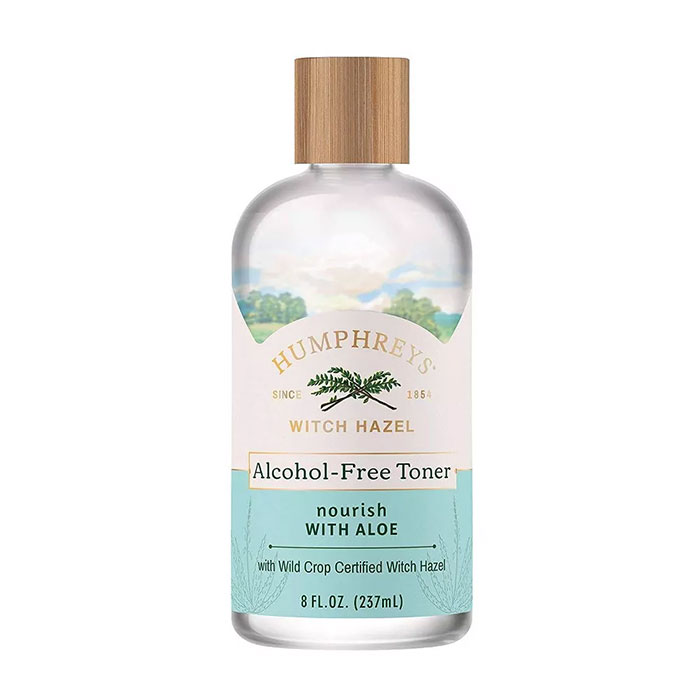Cold Weather Skincare Transitioning Guide
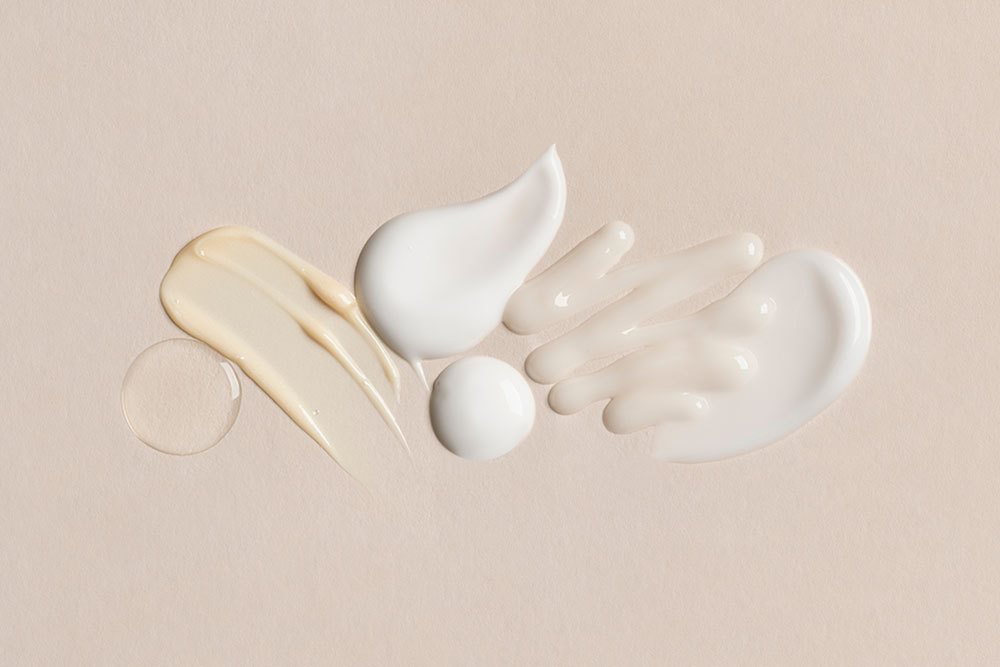
A good moisturizer is non-negotiable with winter on the horizon.
Medical Expert: Dendy Engelman, MD, FACMS, FAAD; Gary Goldfaden, MD, FAAD
The autumn season is all about transitions. You’re already into the new school year and its activities. The beach toys and sandals have long been packed away, and the closets have been swapped out with sweaters and boots. As the leaves fall and the sun sets earlier, it also begins to get colder and drier. And with the chill in the air, you may have also noticed your skin is changing—and not necessarily for the better.
If you’ve noticed your summer glow turning a bit dull as we move toward winter, you’re not alone and there’s a reason for this. The change in season brings with it a drop in temperature and humidity levels, which can have a major effect on your skin. “This [change in season] can cause the skin to dry out, which can damage the skin barrier,” explains Dendy Engelman, MD, a dermatologist at Schafer Clinic in New York City. Add some artificial heat into this situation, and your skin really suffers.
“Post-summer damage starts to show in the form of photodamaged skin, discoloration, dehydration, a lackluster complexion, and congestion from the sun, sand, and warm, humid climates,” adds Gary Goldfaden, MD, dermatologist and founder of the Goldfaden MD skincare brand.
While no one is shielded from the effects of dry winter air, postpartum moms are particularly at risk. “Hormonal changes can cause a woman’s skin to flare up or become drier, not just during pregnancy, but afterward, too,” says Dr. Engelman. “This can lead to breakouts, dryness, and melasma. Coupled with a change in season, this can be an even bigger challenge,” Dr. Goldfaden says.
Whether you’re soldiering through the fourth trimester or you’re wondering where to start with a winter skincare routine, we have you covered. Here’s a guide to help you make the transition to cooler, drier weather without wreaking havoc on your skin, no matter your skin type.
Universal Skincare Tips
The dry air means that everyone could use more moisture regardless of skin type. “Even if you don’t struggle with dry skin most of the year, in the winter dry air pulls moisture from our skin in an effect called ‘transepidermal water loss,’ so you may find that even resilient skin needs some extra love during this time,” Dr. Engelman explains. “Generally, it’s also best to avoid products with harsh ingredients such as strong fragrances, toners with alcohol, and sometimes retinoids.”
Dr. Engelman also stresses the importance of staying hydrated and recommends using a humidifier in the winter months to help keep your skin healthy. “Humidifiers increase the humidity level of your environment, which helps prevent transepidermal water loss and allow your skin to better hold onto its moisture.” She recommends the Canopy Humidifier, $150, because it inhibits mold and bacterial growth.
Balanced Skin
Balanced skin types that aren’t overly dry or oily and typically aren’t battling skin conditions, such as sensitivity or acne, generally ride the fickle weather wave the best. However, if you’re noticing that your skin starts to feel drier or flaky in cold weather, Dr. Engelman suggests boosting your usual skincare products with a hydrating serum. “Hyaluronic acid, which holds up to 1,000 times its weight in water, is a great ingredient to look for in serum,” she says.
Dry Skin
Those with dry skin have the hardest time adapting to the dry, cold air and need to be especially aware of the products they are using to take care of their skin. Take a look at your actives—if you are a hardcore retinol user, you may want to consider taking a break in the winter. (Note that using products containing retinol is controversial during pregnancy, so most experts would advise against using them while pregnant or breastfeeding.) While the anti-aging powerhouse is a fantastic ingredient, it can also dry out the skin even more. Try a retinol alternative like bakuchiol, as found in Alpyn Beauty Melt Moisturizer, or a peptide moisturizer, like Olay Regenerist Hyaluronic + Peptide 24 Gel Face Moisturizer, both of which are considered safe to use while pregnant and breastfeeding.
Consider upgrading your moisturizer for a thicker, more nourishing formula, or topping your moisturizer with a facial oil to seal in all that goodness on your skin. Dr. Engelman recommends oils like jojoba or grapeseed, which are hydrating without being too heavy.
Combination-Oily Skin
Combination or slightly oily skin types often fare the weather changes better than other skin types because the excess oil may prevent dehydration of the skin. However, you should consider a bit more exfoliation to slough off dry, lackluster skin cells. Dr. Goldfaden suggests using an alpha hydroxy acid (AHA) cleanser to leave skin feeling soft and refined and to boost overall skin appearance.
Acne-Prone Skin
Loads of SPF in the summer—an important and necessary step—can also lead to congestion in the skin and breakouts, explains Dr. Goldfaden, however, “regular exfoliation can set you up for a glowing season.” Exfoliation, either in the form of a physical scrub or chemical serum, rids your complexion of dead, dry skin cells and reveals the brighter, smoother, younger-looking skin hiding underneath. An AHA, like glycolic acid, or BHA, like salicylic acid, breaks down the “glue” holding these skin cells to your face to unclog pores and smooth your complexion. (Note that according to the American College of Obstetrics and Gynecology, topical products containing salicylic acid are considered safe to use during pregnancy and breastfeeding, although some dermatologists or obstetricians may caution against it. If you’re pregnant or breastfeeding, it’s best to check with your health care provider before beginning a new salicylic acid skincare regimen.)
Melasma
Melasma, also known as the mask of pregnancy, can affect any skin type. It is a fickle skin condition characterized by brown patches on the cheeks, forehead, nose, and chin. “A brightening serum, like one with vitamin C, protects against free radical damage as well as helps reduce the appearance of darkness,” says Dr. Goldfaden.
Sensitive Skin
Sensitive skin may fit into any of the above skin type buckets—for example, sensitive and dry or sensitive and oily—so in addition to the advice above, consider a toner, as well. “I recommend starting with a nourishing facial toner immediately after cleansing the skin,” Dr. Engelman says. “This will help rebalance your skin’s pH and provide a dose of calm and hydration to mitigate cold weather-induced dryness and redness. I love Humphrey’s Witch Hazel Toners, which are great for all skin types and infused with botanicals to address a range of skin concerns,” she says.
While each skin type will need to make slightly different considerations to shore up their skin for the brisk months ahead, the power duo of exfoliation and moisture can work wonders for dry winter skin. Finally, think of your skincare routine like you do your clothing options: An additional layer—whether in the form of a thick moisturizer or a warm jacket—can protect your skin from the elements and keep it balanced as it weathers, ahem, the season.
Please note that some products listed are linked to affiliate websites and we may collect a small commission on your purchase.


